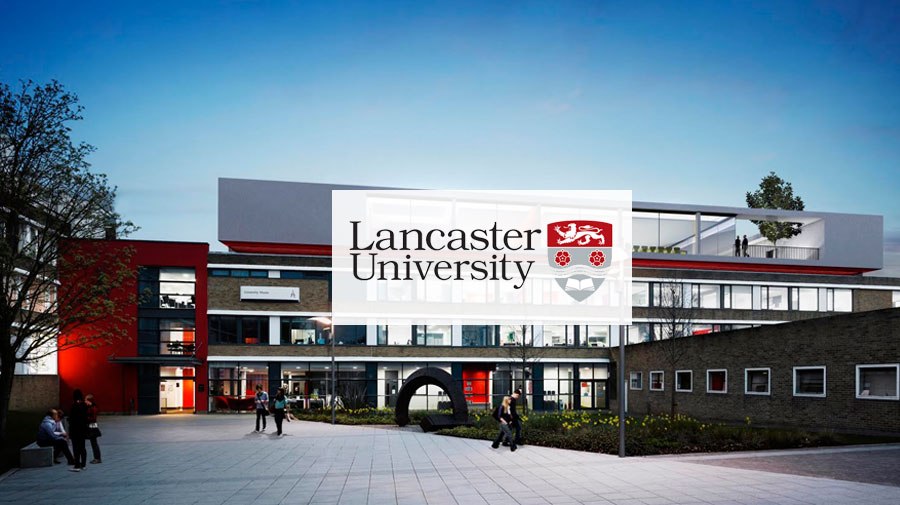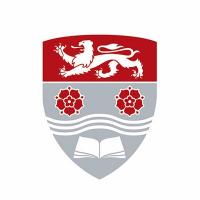Electronic and Electrical Engineering MEng Hons
Our design-based degree teaches advanced electronic and electrical engineering, allowing you to engage with creativity and develop a range of specialist practical and professional skills, which will create opportunities in a range of industries.
Electronic and electrical engineering is concerned with the broad application of electricity and electronics, ranging from small intelligent microprocessor based systems through to large scale power generators. Virtually every sector requires and uses electronic or electrical engineering and it is difficult to think of an application where it does not have influence.
You will benefit from our research informed teaching, which is a key strength of this programme. You will join a thriving academic department that makes use of our expertise in microelectromechanical smart systems; novel electromagnetics; radio frequency engineering; and millimetre waves with THz signals. Through this programme, you will be exposed to our work with organisations such as CERN and the European Space Agency.
The programme begins with a broad based common first year, shared by all our engineers. You explore topics such as heat transfer and manufacturing, which form a key requirement of modern electronic systems. You will work alongside people from other engineering disciplines, reflecting very much how you would operate in industry, equipping you with interdisciplinary project, communication and professional skills to allow you to excel in your professional career.
Specialist modules in electronic and electrical engineering continue in the second year, where you will build your familiarity and practical experience in widely-used programming languages and software development environments, reinforcing your technical knowledge. This year, you will complete a small group project, where you will apply your specialist knowledge within an interdisciplinary team.
On this programme, you may decide to spend a year in industry, gaining valuable experience and enhancing your employability. We have extensive links built through our leadership in research and have students undergoing placements with multinational corporate companies through to smaller specialist SMEs. Our degree programme is flexible as to when this occurs, but we would recommend the best opportunity is once you have gained a reasonable amount of engineering knowledge. Therefore, the most appropriate time would be at the end of second or third year.
In third year, you will start your individual project: a substantial piece of research and investigation into a topic of your choice, but often linked with industry or one of our research groups. The project period covers the entire academic year, with an intensive period following exams to finalise results and present the findings professionally. Previous examples include: remote moisture sensing for internet of things; wearable antennas for medical body area network; low carbon shipping through improved electric propulsion; and energy storage and development of an electrical storm tracker.
Third year also continues the management skills theme, which is essential to modern engineering. You will develop your knowledge in company finance and aspects of law, human resource management and industrial organisation. You will also receive an overview of environmental reporting, quality and safety management.
During the fourth year, you will undertake a major group project, often linked with our research groups or industry, during which you will apply your specialisation to cutting-edge technology. Examples of previous projects include: digital telemetry for a Formula Student race car; control and electrical power system design; wireless instrumentation for a renewable power system; a robotic humanoid; embedded control for a novel 3D printer; and high-frequency structures for 5G communication.
The MEng programme is accredited by the Institution of Engineering and Technology (IET) on behalf of the Engineering Council for the purposes of fully meeting the academic requirement for registration as a Chartered Engineer. It provides a sound foundation in crucial aspects in the design and manufacture of future systems in the medical, environmental, energy, transport, communications and ICT markets. Teaching is delivered by world-class academics and shaped by their outstanding research output. You will gain hands-on experience with modern facilities and an array of high-quality equipment in our state-of-the-art Engineering Building.
Lancaster is a member of the UK Electronics Skills Foundation (UKESF).The UKESF Scholarship Scheme connects undergraduates to leading employers in the Electronics sector and provides an annual bursary, paid summer work placements and a paid-for residential workshop.
Intakes
- Sep
Application Processing Time in Days: 20
Minimum English Language Requirements
| English Level Description | IELTS (1.0 -9.0) | TOEFL IBT (0-120) | TOEFL CBT (0-300) | PTE (10-90) | |
|---|---|---|---|---|---|
| Expert | 9 | 120 | 297-300 | 86-90 | |
| Very Good | 8.5 | 115-119 | 280-293 | 83-86 | |
| Very Good | 8 | 110-114 | 270-280 | 79-83 | |
| Good | 7.5 | 102-109 | 253-267 | 73-79 | |
| Good | 7 | 94-101 | 240-253 | 65-73 | |
| Competent | 6.5 | 79-93 | 213-233 | 58-65 | |
| Competent | 6 | 60-78 | 170-210 | 50-58 | |
| Modest | 5.5 | 46-59 | 133-210 | 43-50 | |
| Modest | 5 | 35-45 | 107-133 | 36-43 | |
| Limited | 4 | 32-34 | 97-103 | 30-36 | |
| Extremely Limited | < 4 | < 31 | < 93 | < 30 |
Job Opportunity Potential
Access help and advice, search for opportunities, see what events are taking place, apply for the Lancaster Award, explore further study options and other pathways to your future career.
Careers and Employability is open. All of our services are now available remotely.
You can book telephone or video appointments with our Careers Team, attend online workshops, send us a query and access all of our resources online. Information on how to access all of our services is available via this link.
International students bring a wealth of experience to the University and can offer a valuable insight into global careers. Support for international students is available from Lancaster University Careers Service.
PSW Opportunity
PSW is 2 years
Admission Requirement / Eligibility Criteria
Indian Certificate of Secondary Education (Standard XII)
Pass with 75% to 87% average from the best 4 subjects, excluding Hindi and PE.
- Course Code: H606
- Course Type: Full Time
- Course Level: Bachelors/UG Degree
- Duration: 04 Year
-
Total Tuition Fee:
96280 GBP
Annual Cost of Living: 9207 GBP
Application Fee: N/A
Similar Programs
- Software Engineering (with Industrial Experience) MSci Hons at Lancaster University
- Nuclear Engineering MEng Hons at Lancaster University
- Mechatronic Engineering MEng Hons at Lancaster University
- Mechanical Engineering MEng Hons at Lancaster University
- Engineering (Study Abroad) MEng Hons at Lancaster University
- Engineering (Study Abroad) BEng Hons at Lancaster University

